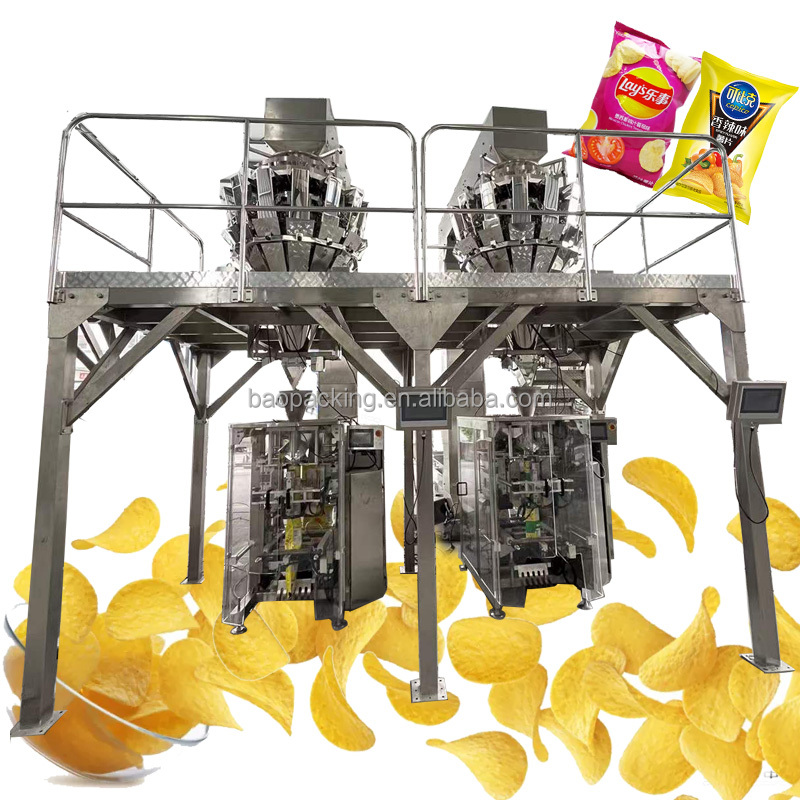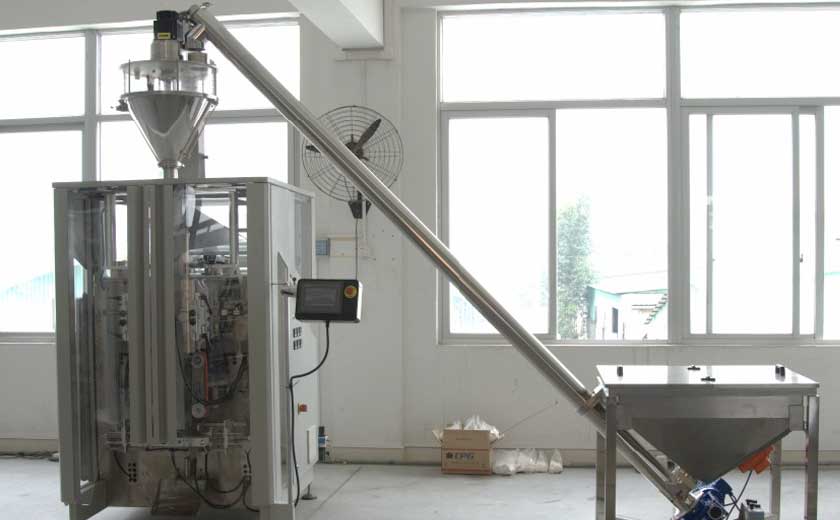Integrating Cooking Oil Pouch Packing Machines into Your Production Line
The integration of cooking oil pouch packing machines into production lines offers numerous benefits for food manufacturers. From streamlining operations to enhancing product quality, these machines play a vital role in the packaging process. This article explores the various aspects of integrating cooking oil pouch packing machines, highlighting their advantages and best practices.
Enhanced Efficiency and Automation
Cooking oil pouch packing machines automate the packaging process, significantly reducing manual labor requirements. The machines handle tasks such as filling, sealing, and date coding, freeing up operators for other essential functions. This increased automation leads to reduced production time, improved efficiency, and higher throughput.
Improved Product Quality and Safety
Pouch packing machines ensure consistent and accurate filling, minimizing product waste and maintaining product quality. The hermetic seals created by these machines prevent contamination, preserving the freshness and shelf life of cooking oil. Additionally, the pouches provide a tamper-evident closure, enhancing product safety and consumer confidence.
Space Optimization and Flexibility
Cooking oil pouch packing machines are compact and versatile, requiring minimal floor space. They can be easily integrated into existing production lines without major modifications. The machines offer flexibility in terms of pouch size and format, allowing manufacturers to cater to diverse packaging needs.
Reduced Packaging Material
Cooking oil pouches use significantly less packaging material compared to traditional containers such as bottles or cans. This reduction leads to cost savings, reduced environmental impact, and improved sustainability. The pouches are also lightweight and easy to transport, contributing to overall logistics efficiency.
Integration Best Practices
To ensure successful integration of cooking oil pouch packing machines, manufacturers should consider the following best practices:
– Proper Machine Selection: Choose machines that meet specific production requirements, including fill rates, pouch formats, and desired output.
– Line Layout and Integration: Plan the machine placement carefully to optimize workflow and minimize bottlenecks.
– Operator Training: Provide comprehensive training to operators on machine operation, maintenance, and troubleshooting.
– Regular Maintenance and Calibration: Implement a regular maintenance and calibration schedule to ensure optimal machine performance.
– Quality Control: Establish a robust quality control system to monitor pouch quality, seal integrity, and fill accuracy.
By following these best practices, manufacturers can effectively integrate cooking oil pouch packing machines into their production lines, realizing the numerous benefits they offer in terms of efficiency, product quality, sustainability, and cost savings.
-
Overview of Packaging Machine Buying Guides
08-01-2024 -
How Does a Vertical Form Fill Seal Machine Work?
30-10-2023 -
Advancements in Auger Powder Filling Technology
27-10-2023 -
A Deep Dive into Automatic Packaging Machines
26-10-2023 -
The Revolutionary Fully Automatic Potato Chips Packaging Machine
20-09-2023 -
How to choose the right packaging machine?
23-08-2023 -
Reducing Waste And Maximizing Yield With Multihead Weigher Machines
15-03-2023 -
Nuts Packaging Machine for Dry Products Perservation
26-11-2022 -
Is Automated Biscuit Packaging Machine Better Than Manual Opeartion?
25-11-2022













